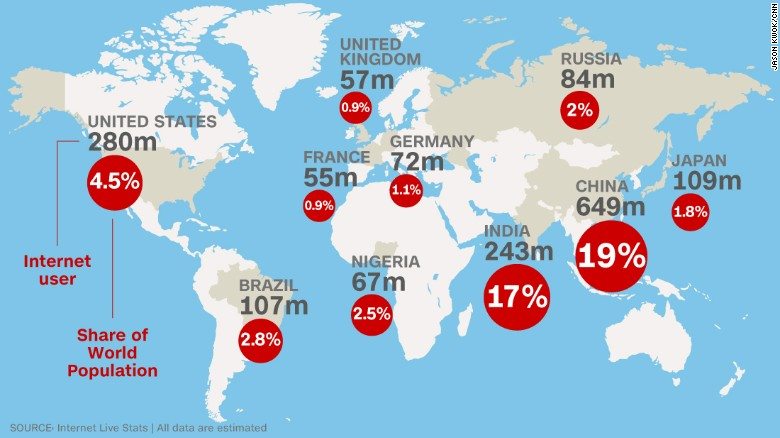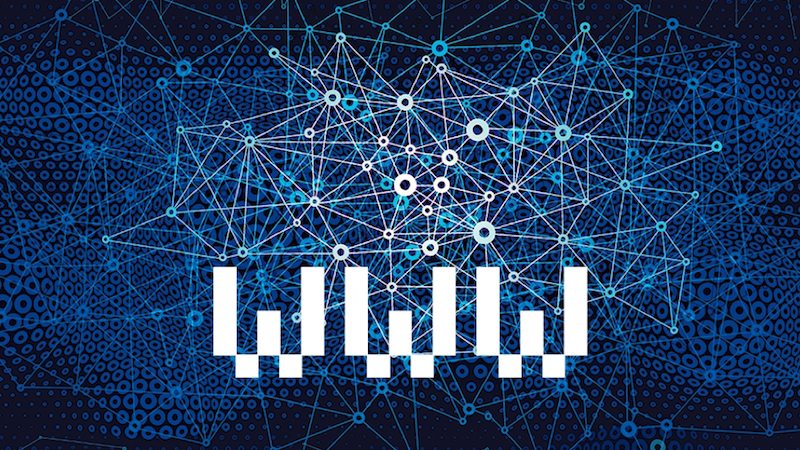World Wide Web
Episode #10 of the course “Ideas that changed the world”
Although there is no official “birthday” of the world wide web (or its predecessor, the Internet), from its first experimentation and engineering in 1990 to the founding of companies like Netscape and Amazon in 1994, the early 1990s were the time when the most important ideas of the internet were introduced. It is said that a child with a smartphone today has access to more information than the President of the United States had 20 years ago because of the web.
The concept of the world wide web began with a need to share information between individual computers and servers. The text, audio, and visuals that one person creates needed to be distributed from that computer to whomever the person designated, satisfying people’s need to share information and access data.
The web has changed the ways that businesses conduct themselves. It has changed the way politics is run, as well as how people entertain and teach themselves. The web has changed the meaning of the phrase “to communicate” with friends or family.
The web has significantly connected people in ways that seemed impossible mere decades ago. At its founding, people believed that the web’s information and platform were free. This “freedom of information” ideology functions to create a mindset that there is a duty and responsibility to freely share knowledge online.
The benefits of this shift in worldview include access to educational materials for thousands of people and an easy method to expose corruption. Drawbacks to this concept of a free exchange and access of information include the devastation caused by online harassment and bullying.
 Number of Internet users in 2014
Number of Internet users in 2014
Debate rages about the protection owed to personal (and potentially sensitive) private information, about what information should be accessible to everyone via the web, and what information should be kept confidential.
Today, people think more about their individual place in the public sphere than any pre-internet generation. For the first time in history, people worry about how to manage their online and offline reputations. The 21st-century individual has a different relationship with every other person on the planet than the previous centuries of individuals did—all because of the world wide web.
Quotes
“We are all now connected by the Internet, like neurons in a giant brain.” by Stephen Hawking
“The Internet is becoming the town square for the global village of tomorrow.” by Bill Gates
“People who have so much of their personality invested in the Internet can’t really survive as whole individuals without it.” by Mark A. Rayner
“Getting information off the Internet is like taking a drink from a fire hydrant.” by Mitchell Kapor
“The new information technology… Internet and e-mail… have practically eliminated the physical costs of communications.” by Peter Drucker
Recommended book
Share with friends

